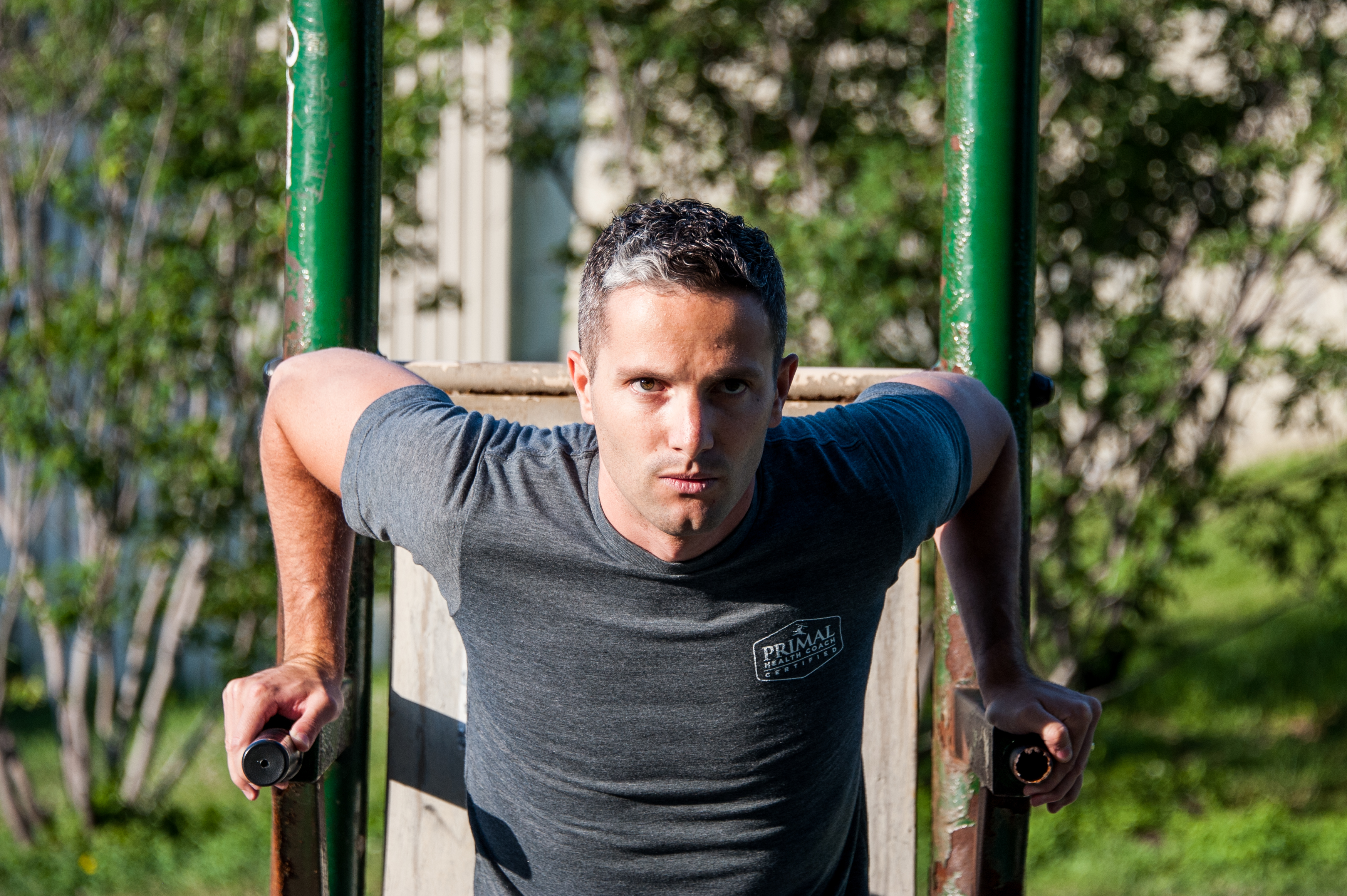Do you prefer a mocha frappuccino or a pumpkin spice latte? However you prefer your coffee, its benefits are undeniable: it will give you a burst of energy for that 8 am class, early morning internship, or late-night paper due at 11:59 pm. As we all know, the major active ingredient in coffee is caffeine. And unbeknownst to many, caffeine can boost athletic performance, but only for the right people.
According to researchers at Dublin City University, Dr. Brendan Egan and Mark Evans, caffeine provides a sports advantage only if the athlete doesn’t consume caffeinated drinks on a daily basis. Egans and Evans conducted an experiment on 18 male athletes, giving them either caffeinated chewing gum or no gum at all while they performed ten repeated sprints. The researchers discovered that the athletes who were habituated to caffeine had very little performance advantage. In other words, for athletes who were desensitized to caffeine because they consumed it often, the caffeine had little effect on their performance. In contrast, athletes who were not habituated to caffeine were sensitive to its effects, and they were able to maintain their peak athletic performance throughout the ten sprints.
Image Source: NurPhoto
Many athletes take caffeine as a performance-enhancing supplement, with hopes that it would improve muscle strength, mental alertness, and endurance. However, if an athlete already consumes large amounts of caffeine from two or three cups of coffee per day, then their body has adapted to its effects. Egan and Evans explain that there is a way to circumvent this downside. They recommend that if athletes want to use caffeine to aid their performance, they should avoid taking caffeine days before their big competition.
There’s a classic law in economics called the law of diminishing marginal utility. It states that the more you consume one product, the less satisfaction you’ll gain. For example, if you haven’t had ice cream in a while and you order your favorite Oreo ice cream sundae, the first bite will taste really good. But the second, third, or tenth bite will never quite live up to the first bite. And this same law applies to caffeine, so if you want to reap the benefits of caffeine, stay away from it for a while.
Featured Image Source: Athletic Shoot: Paleo is Possible by Shutter Runner










